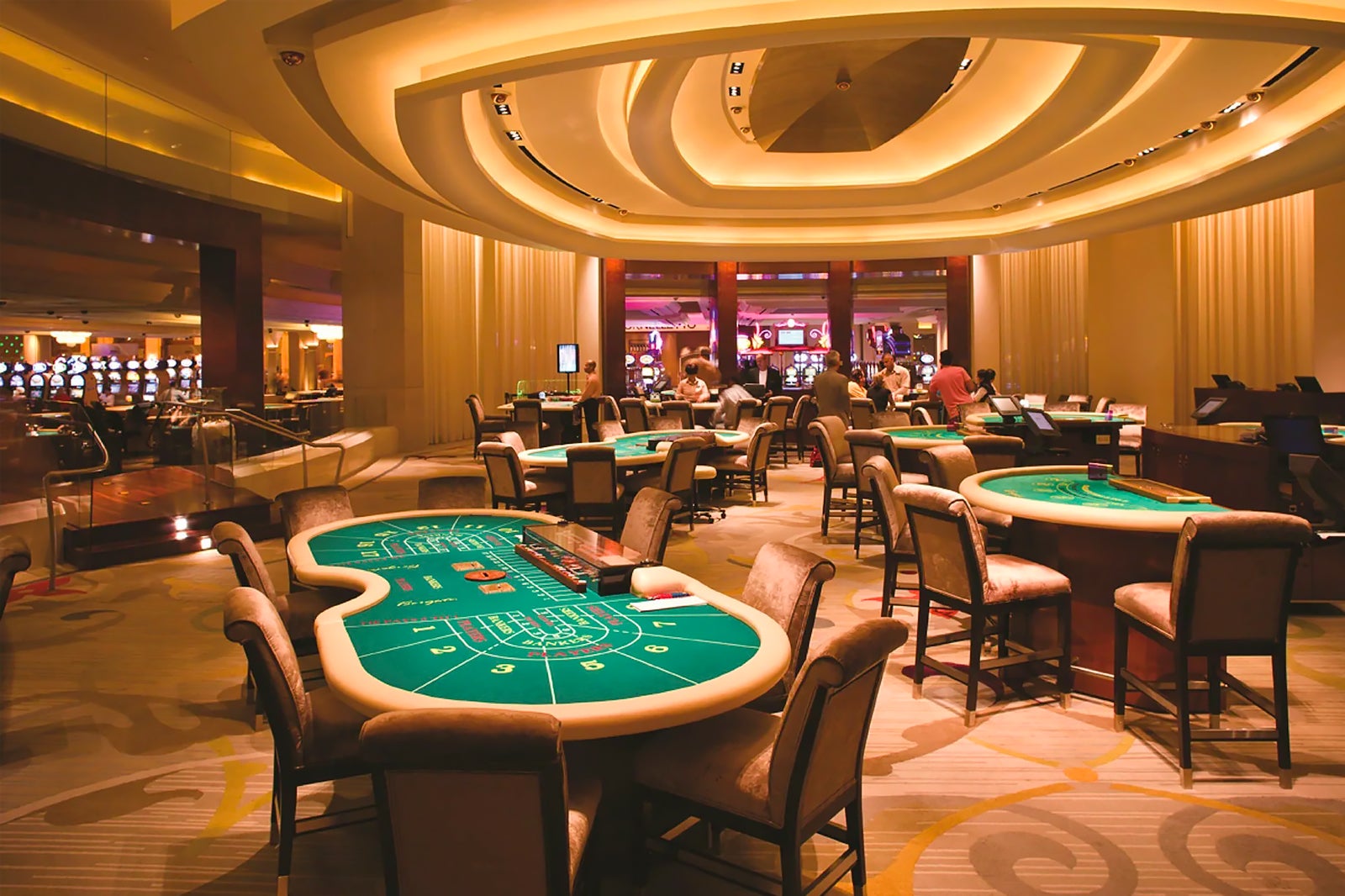
Casino games have long been a captivating source of amusement, drawing millions of players from diverse cultures around the globe. From the lively casinos of the Strip to the bustling gambling halls of Macau, these games serve as a bridge that brings together people across a variety of backgrounds. The allure of fortune, strategy, and gambling entices not only those looking to win money but also those in search of a sense of community.
The cultural impact of casino games extends well beyond the gaming floor. They often embody the social norms and traditions of the communities in which they thrive. Games such as seven-card stud, 21, and roulette have integrated into the tapestry of mainstream culture, influencing multiple fields from movies to fashion. As we explore this captivating intersection of chance and life, we can comprehend better how these games shape and are shaped by the world around us.
Chronological Progression of Gambling Games
The origins of casino activities can be traced back to ancient cultures, where betting in different forms was widely performed. In the East, around 2300 BC, a variant of lottery known as Keno was common, while in old Rome, soldiers would often wager on the consequences of their matches. The idea of using luck for amusement and profit evolved over the ages, leading to the formation of more organized games. By the final Middle Ages, gambling houses began to appear in the continent, particularly in Italy, which brought forth early forms of popular activities still played today.
As gambling increased popularity in European regions, the 17th and 18th centuries saw the emergence of casinos as specialized establishments for betting. The initial official casino, the Ridotto, was set up in Venice in 1638, offering activities like the game of Baccarat and Faro. This time marked a crucial turning point, as gaming venues started to welcome not just the wealthy but also the burgeoning middle-income class. The sophistication of activities grew, leading to the introduction of new regulations and versions that enhanced the play experience.
In the 19th century, the era of industrialization and transformations in societal conventions further changed the environment of casino games. The arrival of the game of roulette and modern slot machines attracted a broader crowd, and gambling establishments became seen as legitimate entertainment. This period witnessed the globalization of gaming, as casinos spread from European nations to the New World, culminating in the development of the iconic Strip of Las Vegas in the twentieth century. The progress of gaming games has persisted into the modern era, including technology and online sites, allowing them open to a global market.
# Cultural Relevance across Different Societies
Casino games have deep-rooted cultural and social significance within many societies throughout the world. In Las Vegas, the very core of the urban landscape is woven around gambling establishments, where gaming is not just a hobby but a key aspect of entertainment and community life. The bright lights and lively atmosphere attract millions, showcasing how gambling activities can influence local economies and local cultures. This environment transforms the notion of relaxation into an enriching encounter that influences style, melodies, and even cinema. RR88
In contrast, some communities view wagering with more caution, viewing it through the lens of ethical considerations and customs. For instance, in many Eastern cultures, games like Mahjongg and Pai Gow are rich with history and possess significant social meanings. These games are often played during gatherings and festivities, fostering community bonds and strengthening family ties. The act of engaging in these games goes beyond mere amusement, reflecting values such as honoring elders and the significance of communal fun.
At the same time, in Western countries such as the principality of Monaco and the Italian Peninsula, gambling activities serve as symbols of opulence and refinement. The stylish atmosphere of these locations attracts both visitors and native inhabitants, upholding a sense of distinction and rarity. The art of Texas Hold’em and the tactical components of games like the game of baccarat are celebrated, shaping interpersonal interactions and creating an attraction that fascinates a diverse audience. This emphasizes how games of chance can concurrently echo and shape cultural attitudes towards risk, benefit, and relationship building.
Financial Influence and Tourism
Casino games play a significant role in the financial context of many areas, particularly those that depend significantly on tourism. The revenue generated from gambling establishments fuels local financial systems, creating jobs not only within the casinos but also but also in connected industries such as hospitality, dining, and recreation. This influx of tourists, drawn by the attraction of games and the overall gaming environment, stimulates expenditure across multiple local enterprises, contributing to the economic health of the region.
The existence of casinos often leads to the construction of infrastructure, including lodging, transportation systems, and leisure amenities. These improvements are essential in improving the overall visitor satisfaction, making locations more appealing to visitors. Additionally, many casinos invest in local communities through sponsorship of events and charitable activities, further embedding themselves into the social fabric of the region. Such investment not only supports economic growth but also fosters a positive reputation of the casino industry.
Furthermore, the worldwide appeal of casino games drives competitive tourism, with regions vying to attract gamblers from around the world. Iconic locations like Las Vegas and Macau have become synonymous with gambling culture, drawing millions each year. This competitive edge encourages creativity and variety within the gambling sector, influencing developments in entertainment and hospitality that resonate beyond their borders. The consequences of this visitor influx extend wide, impacting local economies and cultural exchanges on a global scale.
